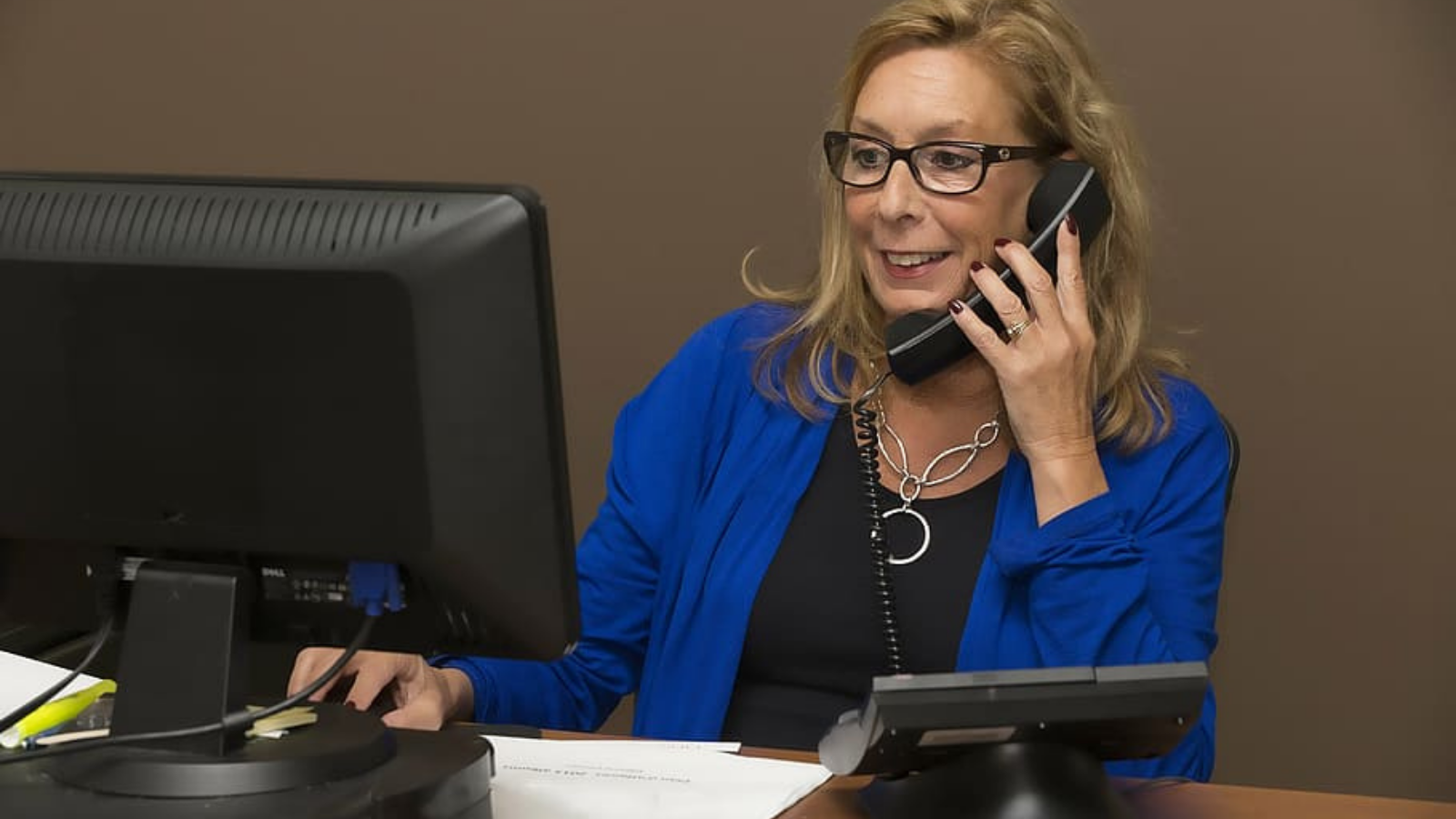
For start-ups and small businesses choosing a phone number is often one of the first decisions. After all, this will be used for reaching and keeping in contact with customers, employees, suppliers, etc. However, traditional telephony is becoming increasingly outdated leaving VoIP phone systems to take centre stage.
Here's why VoIP technology is slowly taking over the telecom space and as seen from the BT shutdown taking over traditional copper lines altogether.
What is VoIP?
VoIP stands for Voice Over Internet Protocol which allows calls to be using the internet. This has been popular for personal use such as making calls and text messaging through apps such as Whatsapp, Skype and Facebook Messenger. Due to technological advancements, VoIP is now introduced for business use. Cloud phones are either available as software (an app downloaded on your phone or laptop) or hardware using headsets and desktop phones.
How VoIP is different from the landline?
There are many differences between the landline and VoIP. Comparing the two, the landline is considered ‘outdated’ and a costly alternative. This is due to the landline being connected to the Public Service Telephone Network (PSTN) using copper lines. Furthermore, phone lines are confined to a geographical place making it harder to change locations without paying fees or an entirely new landline
VoIP telephone is hosted on the ‘cloud’ meaning that wherever there’s ‘Wi-Fi’ or stable internet connection the service can be accessed from anywhere. Moving on, due to this the costs are a lot cheaper and many providers offer internet telephony without a contract. The introduction of business cloud phones is revolutionising telecoms.
Cost
When it comes to costs, switching to the cloud is much more cost-effective compared to traditional landlines. Businesses can now get access to cloud phones for as low as £9 per month without a contract. This makes communications more sustainable and as the source is data packets making communications limitless.
Call Quality
Prior to 2019, using cloud phones did not give the call quality needed for business use. However, with the introduction of fast fibre, IP networks can now facilitate clear audio. Most people find the quality better and can not tell the difference in calls from landlines and VoIP. VoIP is constantly improving especially with the BT shutdown where landlines will cease to exist now is a great time to switch to VoIP. Data networks are also readily available to transfer calls to in the event of a poor internet connection.
Landline and International Calling
Compared to traditional phone international calling using cloud phones is significantly cheaper and more reliable. Most VoIP phone packages have international calling included the meaning that at no extra cost you can easily contact international business contact. This kind of technology isn’t new but using cloud phones instead of VoIP can mean that phone calls abroad won’t break the bank.
Keep your phone number
For many businesses, the telephones are the most popular form of dialogue for customers. Unlike the landline, VoIP services allow you to bring your telephone number with you if your business moves office premise. Furthermore, most providers will be able to port your existing number to the cloud to provide consistency to customers and employees.
Remote working
One feature that the landline cannot replicate is remote working, this is due to the traditional phone system being confined to copper wires. Whereas, with VoIP as only a solid internet connection is needed a call can be made anywhere in the world. This is ideal for remote working as employees can be easily reachable.
Final thoughts
VoIP is readily able to replace the landline due to outdated copper technology which isn't fit for business use. A VoIP phone system with it's features is a much better solution for small business owners and is capable for heavy inbound and outbound calling. Due to the impending BT shutdown, it's now more important to move away from traditional telephony.
To find out how to switch from traditional telephony to a VoIP phone system, speak to our VoIP experts on 0203 697 4166 for a free demo.






